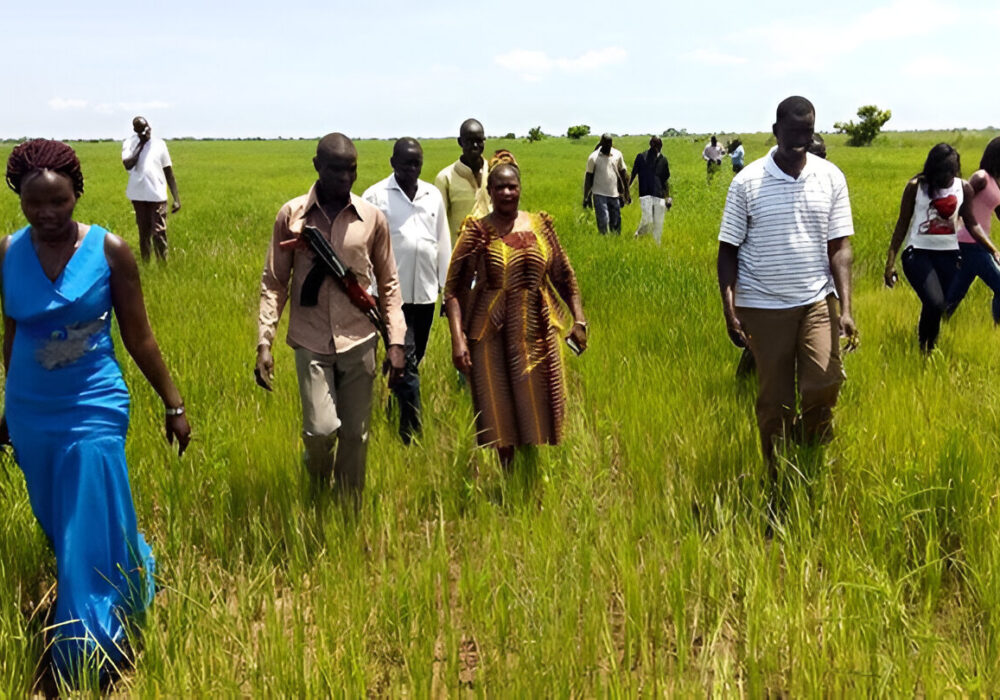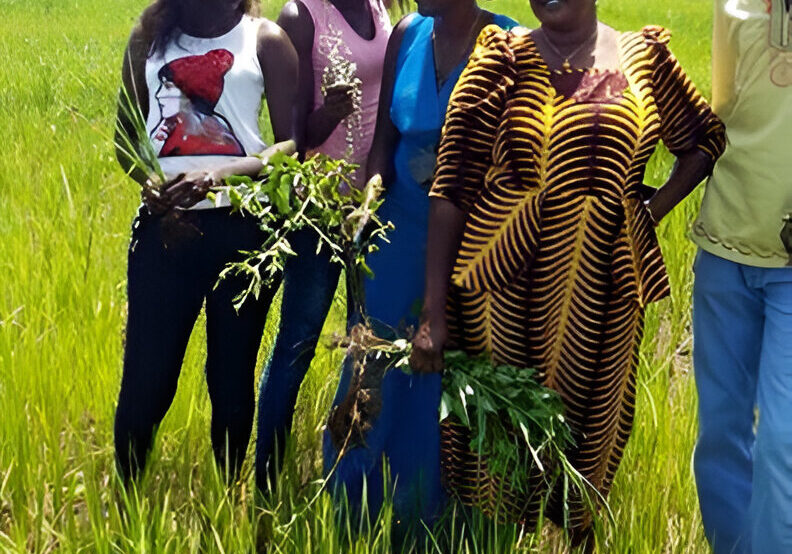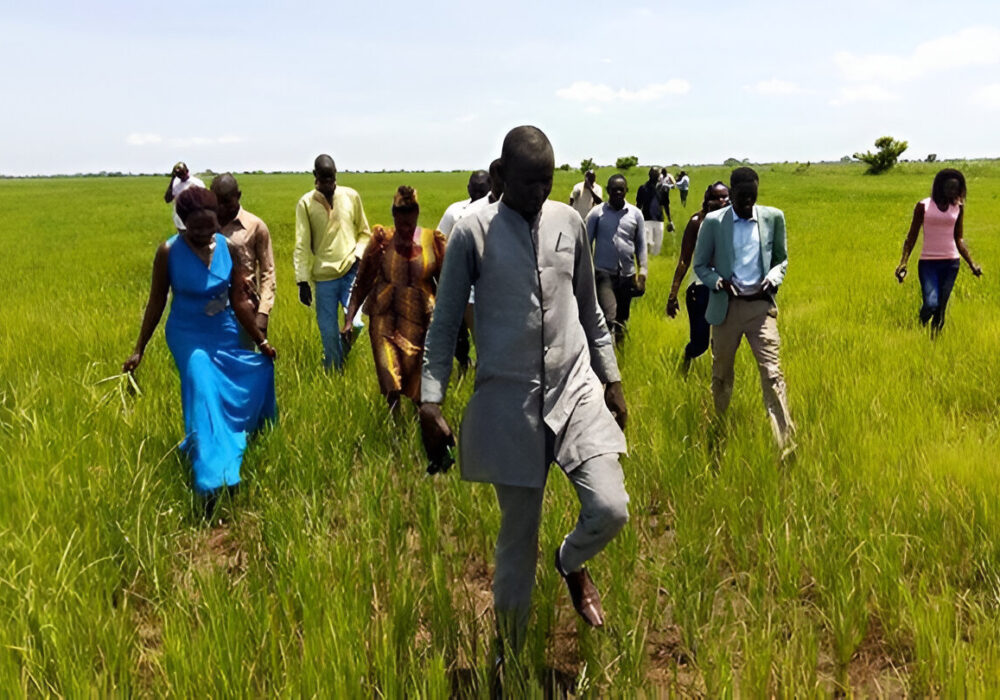Low income is at the heart of our analysis of poverty, and access to an adequate income is essential to addressing poverty. Much of our work over the next five years will be focused on supporting policies and actions that increase the incomes of those currently living in poverty. We will prioritize agriculture and agro-business to address low incomes among the youthful age, who receive less attention in current policy. This focus will include both incomes in and out of work.
Economic empowerment is the cornerstone of poverty alleviation. Together, we can create pathways to prosperity for all.




